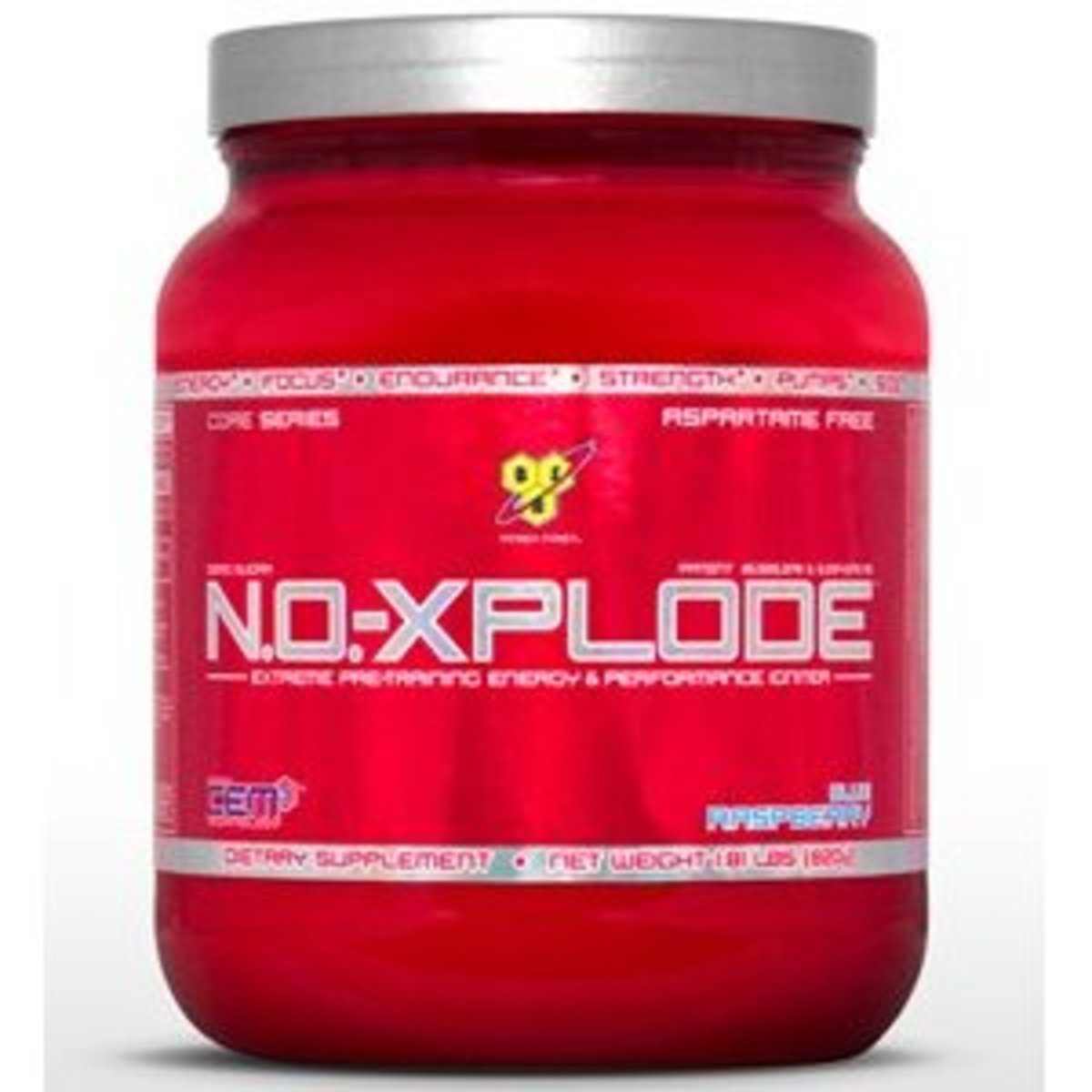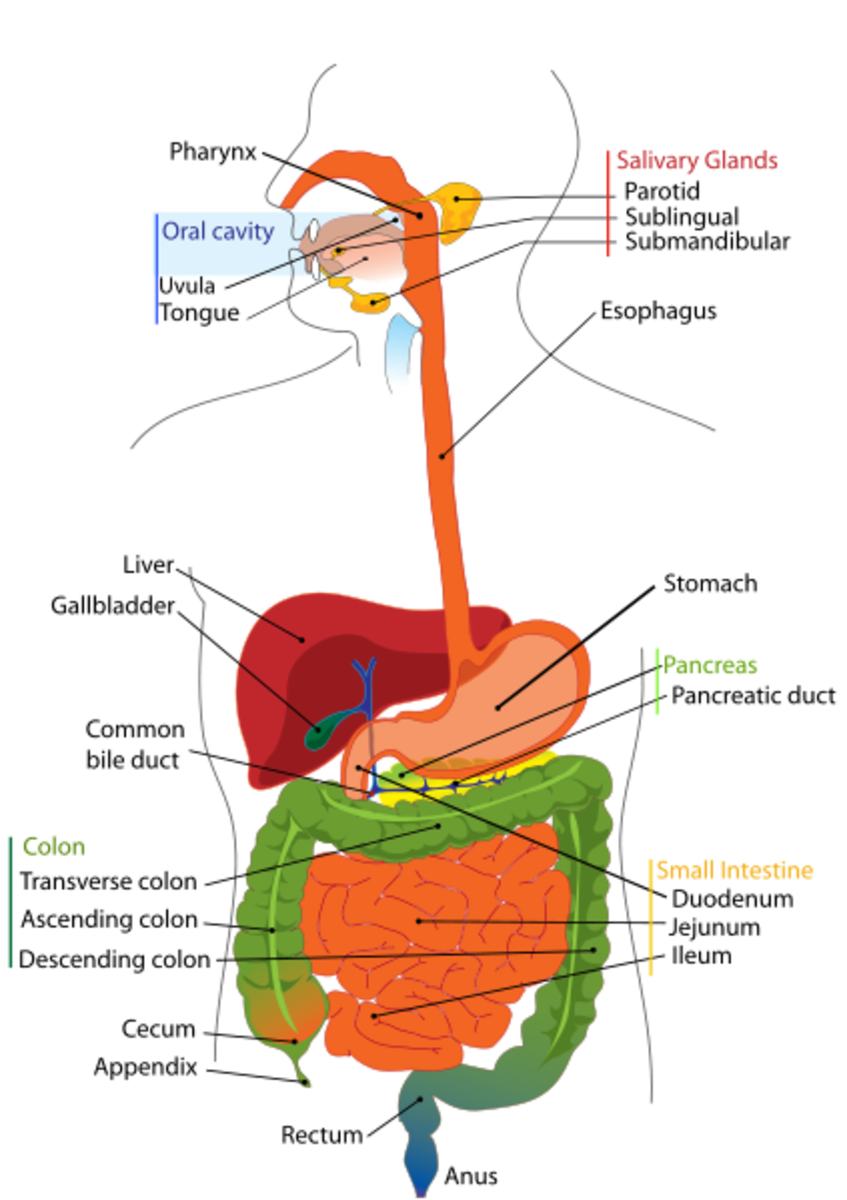Branched-Chain Amino Acids - Research Proven Benefits
<< Part 3 - Why Should You Take Them? <<
You may still be skeptical about the benefits of using branched-chain amino acids and that’s alright.
But my aim is to help clear up those doubts by showing scientific research that backs the beneficial claims attributed to BCAAs.
Let’s take a look at a few studies I found.
Research Proven Benefits of BCAAs
Study #1
There was a 4 week study performed to see if supplementing with BCAAs could help individuals maintain beneficial anabolic hormone levels and reduce muscle damage from high-intensity training.
There were 8 resistance-trained males that took part in this study.
They were randomly given either:
- A high amount of Branched-Chain Amino Acids
OR
- Placebo
They took their supplement for 3 weeks and then in the final week they started a total-body resistance program. This program included 8 different exercises where they’d do 3 sets of 6 to 8 repetitions per exercise.

Their blood was drawn and analyzed before and after supplementation and then after 2 and 4 days of training.
They found that during and after exercise the BCAAs group had:
- Significantly Higher Levels of Testosterone
- SignificantlyLowerLevels of Cortisol and Creatine Kinase
What’s that mean?
This shows that branched-chain amino acids can help your muscle building efforts during and after exercise! We all know what testosterone does, but cortisol does the opposite; it pretty much brings your muscle growth to a halt. And high amounts of creatine kinase in your blood shows that you have muscle damage.
So branched-chain amino acids really keep your hormone levels in check, which can lead to greater gains!
BCAA Supplements
Branched-Chain Amino Acid Supplements
Study #2
There was a 16 week study to determine if BCAAs can hold off muscle damage during endurance exercise.
Nine untrained men took part in this study.
They were blindly given a drink containing either:
- Branched-Chain Amino Acids (200 calories)
OR
- Carbohydrates (200 calories)
OR
- Placebo (0 calories)
The participants performed (3) 90 minute workouts on a bike at 55% of their maximal effort. They drank their beverage before and at the 60 minute mark of their workout. Their blood, leg torque and muscle soreness was tested before and at 4 hours, 24 hours and 48 hours after exercise. They would then take 8 weeks off and then come back and repeat the study, this time being given a different beverage.
They found that:
- Creatine Kinase levels were lower in the BCAA trial at 4 hours, 24 hours and 48 hours after exercise when compared to the placebo trail and at 24 hours after exercise when compared to the carbohydrate trial
- Lactate Dehydrogenase (another sign of muscle damage) levels were lower in the BCAA trial at 4 hours after exercise when compared to the placebo trial
- Muscles Soreness was lower for the BCAA trial at 24 hours after exercise when compared to both the carbohydrate trial and placebo trial
- Leg Flexion Torque was higher for the BCAA trial at 48 hours after exercise when compared to both the carbohydrate trial and placebo trial
What’s this mean?
Branched-chain amino acids can help hold off muscle damage and soreness AND help you recover your strength quicker!
Let’s take a look at one more study to help seal the deal.
Even More Options
Study #3
There was a 2 week double-blind crossover placebo-controlled study to see the effects of branched-chain amino acids on endurance exercise capacity.
Eight training males, around the age of 21, took part in this study.
They were broken into two groups which were randomly given either:
- A 1,500 ml drink containing .4% BCAAs and 4% carbohydrates
OR
- A Placebo drink
They would drink their drink for 6 days and then on the 7th day they would perform an exercise to figure out their lactate threshold. This is the point when lactic acid starts entering your blood stream and you “feel the burn”. They consumed a 500 ml test drink 15 minutes before this test. They also had their breathing tested during the exercise and blood taken before and during exercise. They repeated the same test a week later.
They found that:
- The respiratory exchange ratio (ratio of carbon dioxide to oxygen) during exercise was lower for the BCAA group
- The VO2 (how much oxygen you use over time) and workload levels at the lactate threshold were higher for the BCAA group
- The VO2 Max (maximum capacity of a body to use oxygen during exercise) was higher for the BCAA group
What does this mean?
BCAAs can help you endure longer during exercise because your body will be more efficient in terms of your breathing.
So if you’re supplementing with branched-chain amino acids and your competition isn’t then there’s a good chance that you’ll be able to outperform them and see better results.
The benefits of BCAAs might be very convincing but there may be a dark side to supplementing with them. So let’s take a look and see if there are any side effects.











